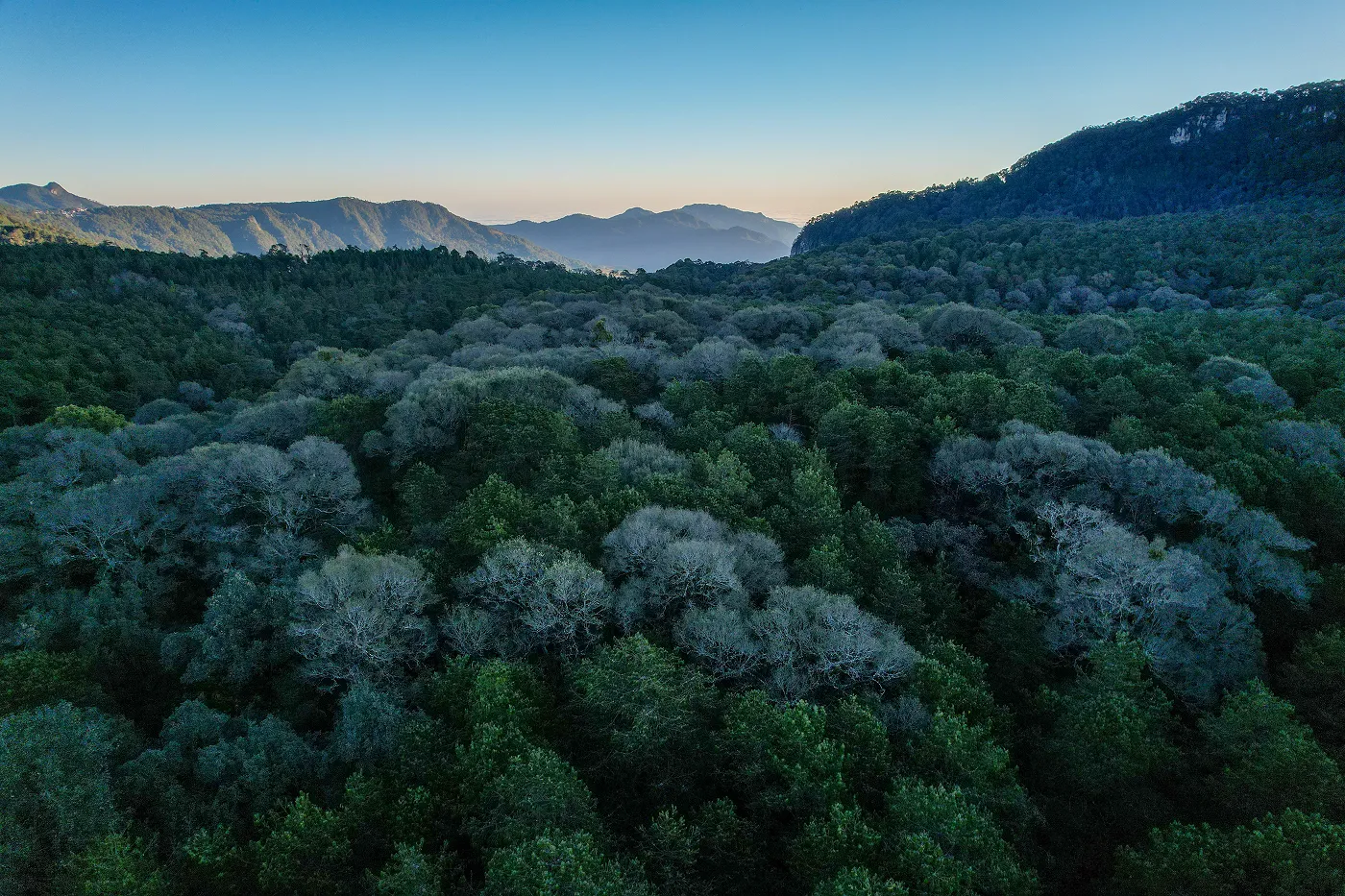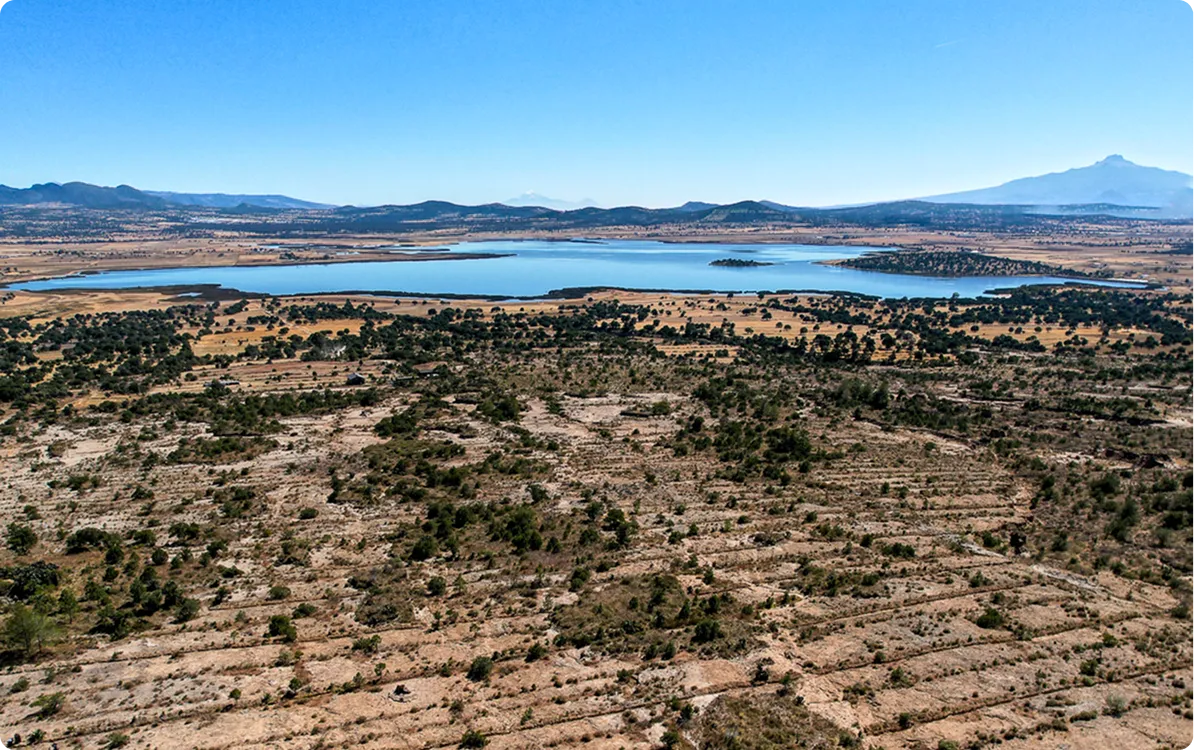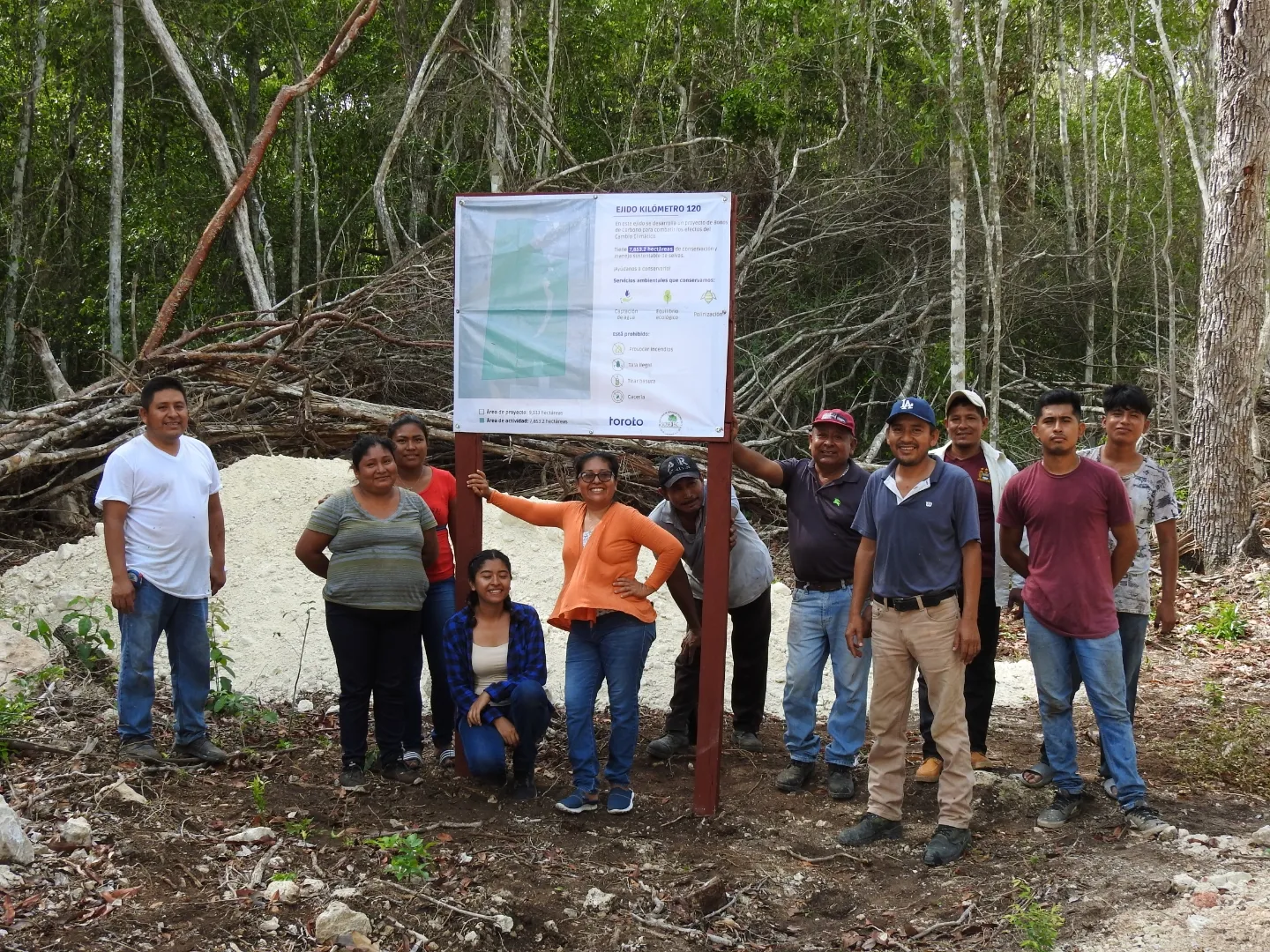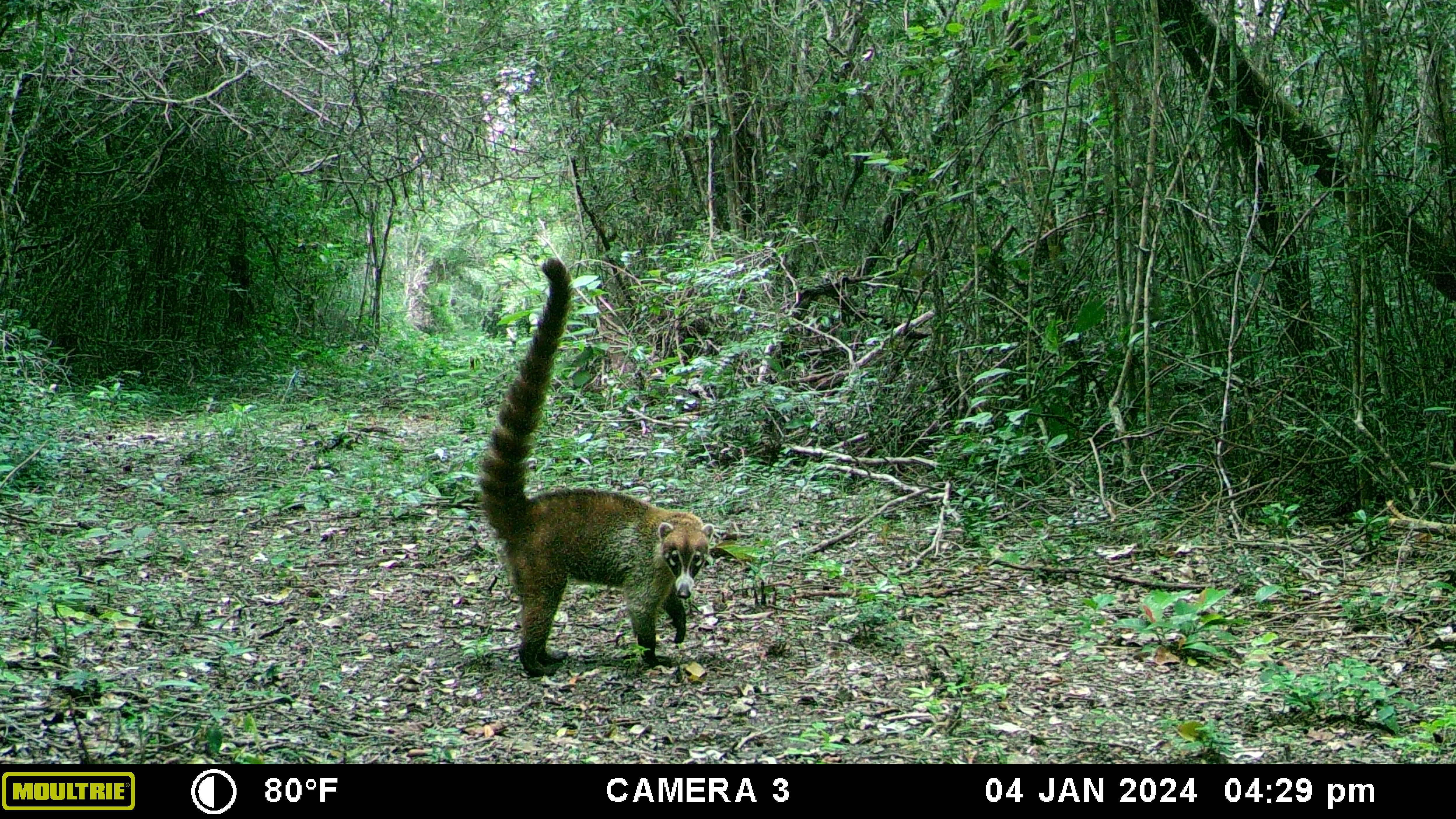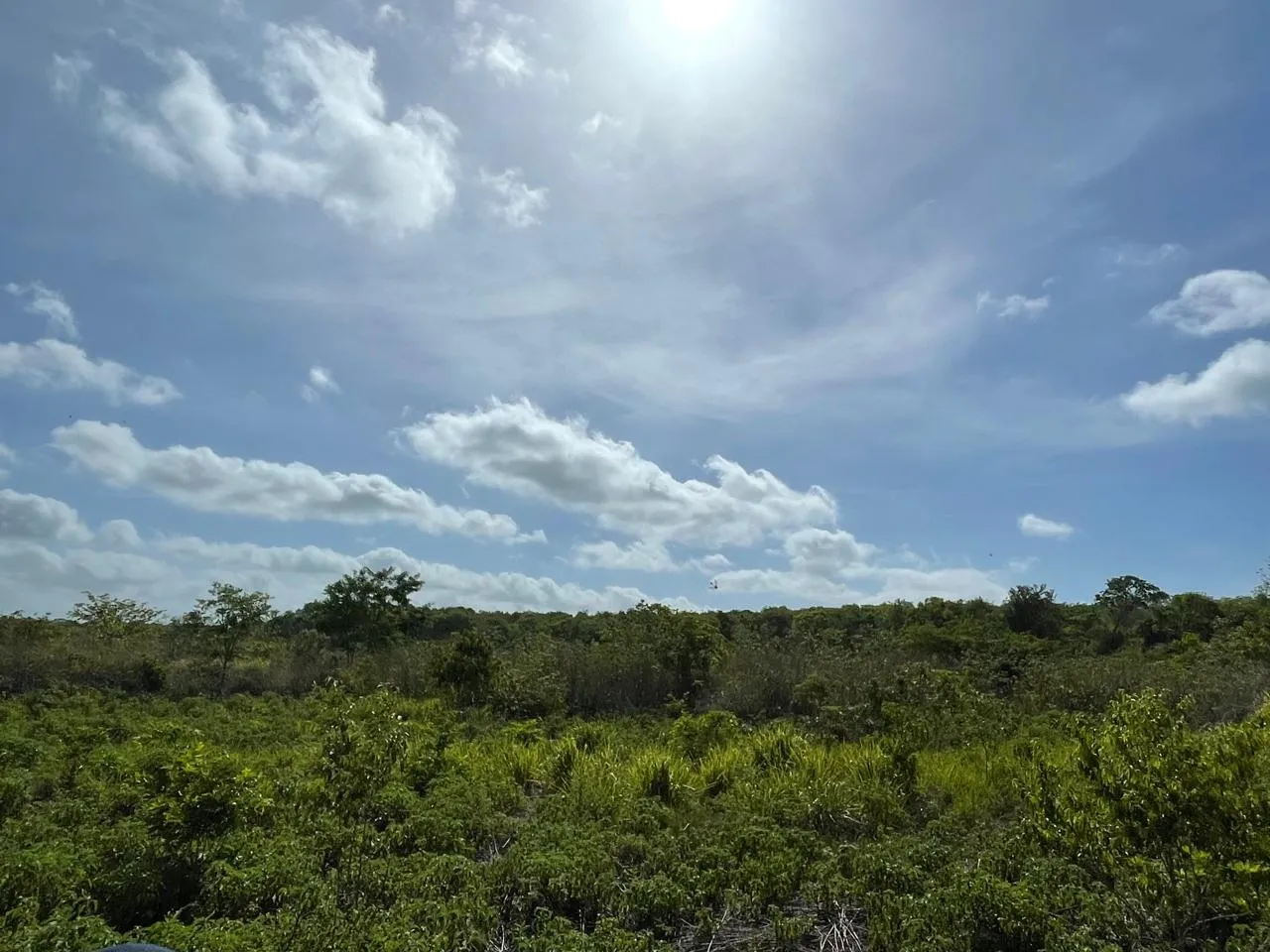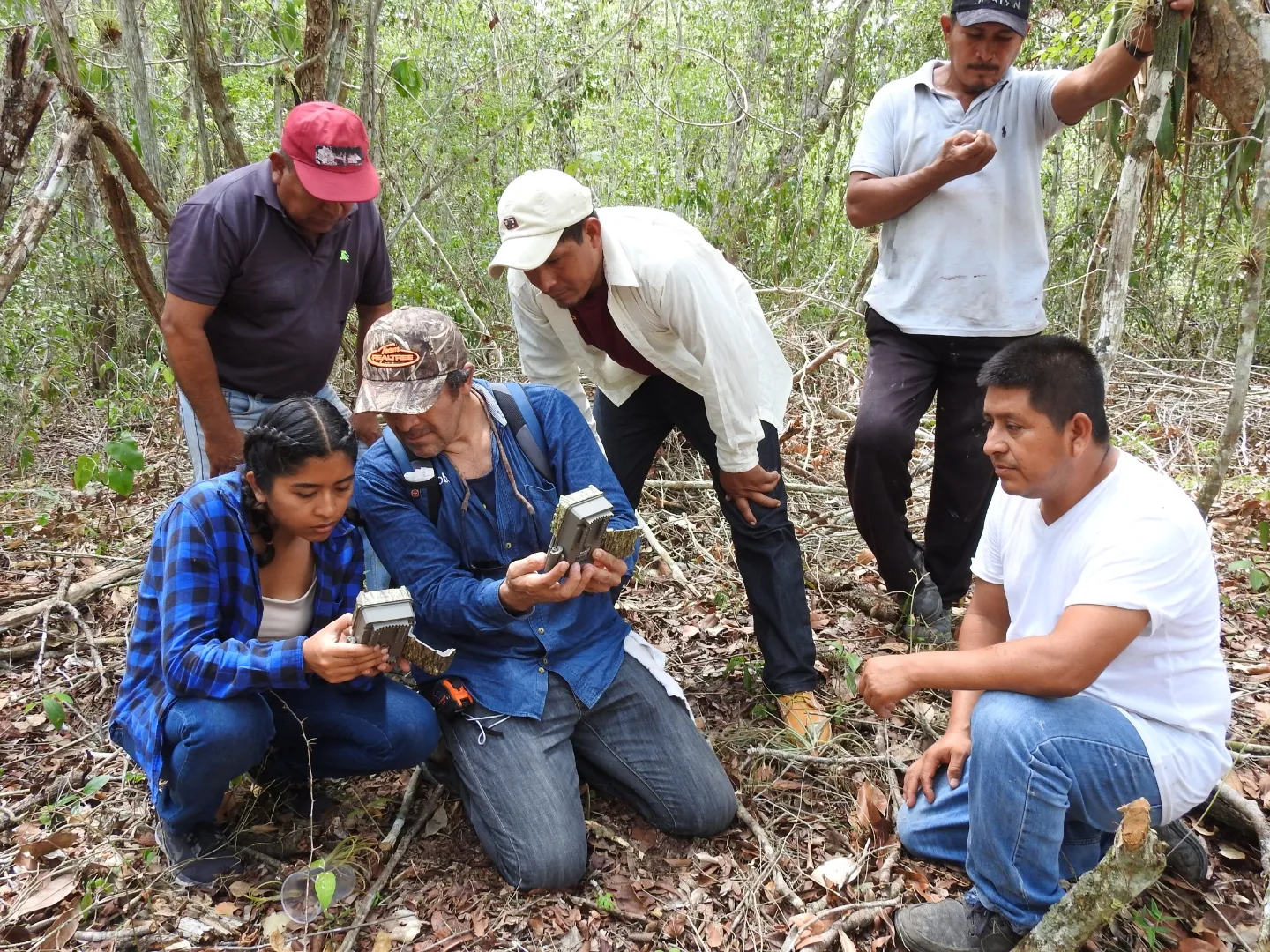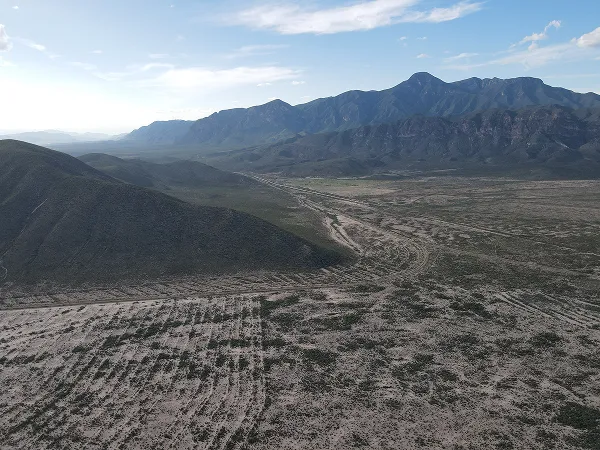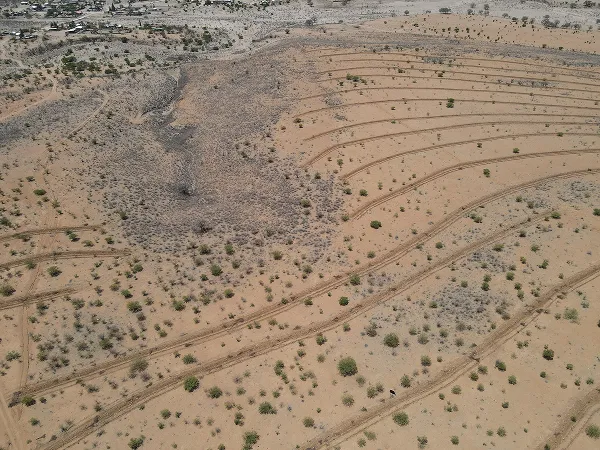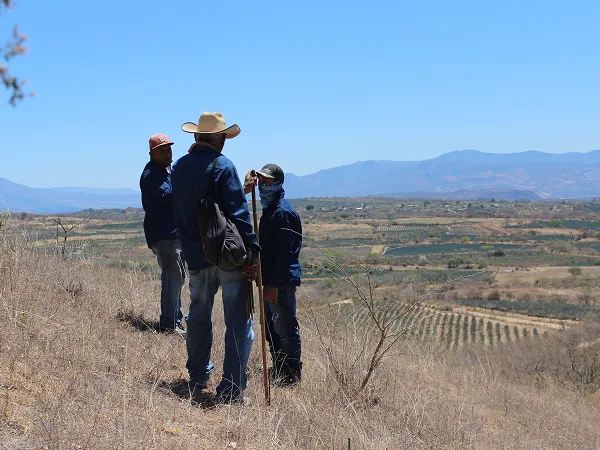Kilómetro 120
Carbon
Campeche, México
To ensure the long-term conservation of the forests and jungles of southeastern Mexico, this project generates carbon credits that benefit not only the ecosystem, but also the communities that inhabit it.
36
K
carbon offsets
annually estimated
201
sites
of carbon monitoring
+
7
K
hectares
preserved
+
180
local residents
inhabit the ejido
54
ejido members
receive benefits from the project
.webp)
(01)
The context
The Rainforest that Safeguards Tomorrow
In the heart of southeastern Mexico, the Kilómetro 120 ejido safeguards more than 9,000 hectares of tropical rainforest. This territory, inhabited primarily by families of Chol Indigenous identity, lies near the Calakmul Biosphere Reserve — one of the most important remaining tropical forests in Mesoamerica and home to species such as the jaguar, howler monkey, and white-lipped peccary.
But this ecological wealth is at risk. Deforestation and land-use change continue to expand across the region, driven by the lack of viable economic alternatives. At the same time, the community faces precarious living conditions: limited access to basic services like clean water, low income levels, and scarce employment opportunities. The result is a territory under pressure, where environmental degradation and social vulnerability go hand in hand.
Location
Campeche, México
Dimensions
9,000+ hectares home to 183 people (51% women and 49% men), 80 households of which identify as Chol Indigenous.
Productive Activities
Agriculture, beekeeping, and, to a lesser extent, livestock production.
Vegetation
Low and medium sub-perennial tropical rainforest.
Fauna
Great diversity of reptiles and amphibians, as well as mammals such as the white-lipped peccary, howler monkey, jaguar, and other felines.
Flora
Certifier
Climate Action Reserve (CAR)
Protocol
Forest Protocol 3.0
Verifier
ANCE
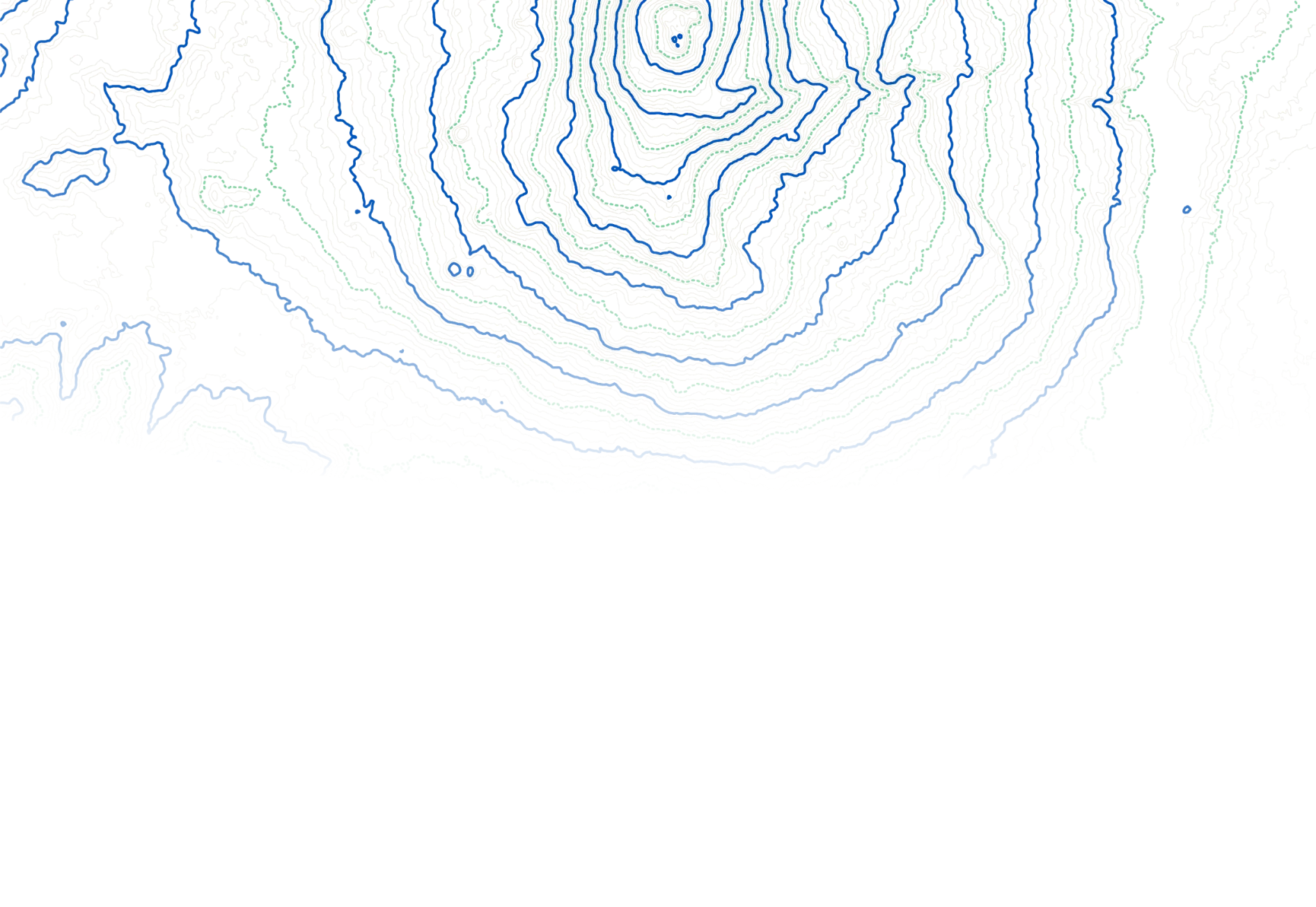
“The whole ejido is doing its bit. Both residents, ejidatarios, even young people, children too”.

Alsides Pérez Álvarez
Ejido Coordinator
).webp)
.webp)
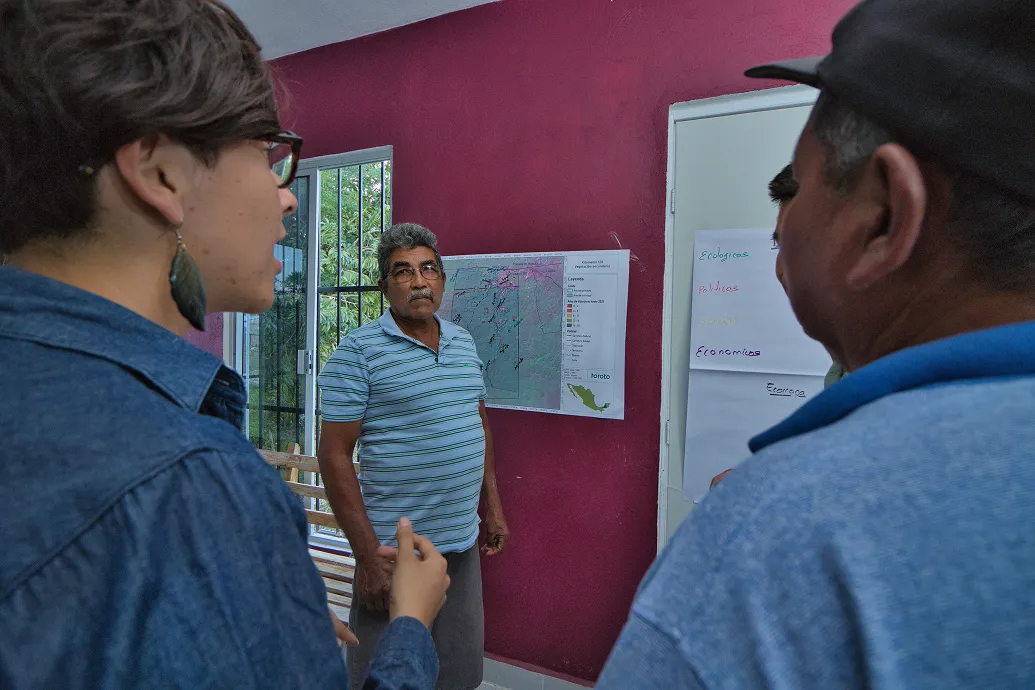
.webp)
).webp)
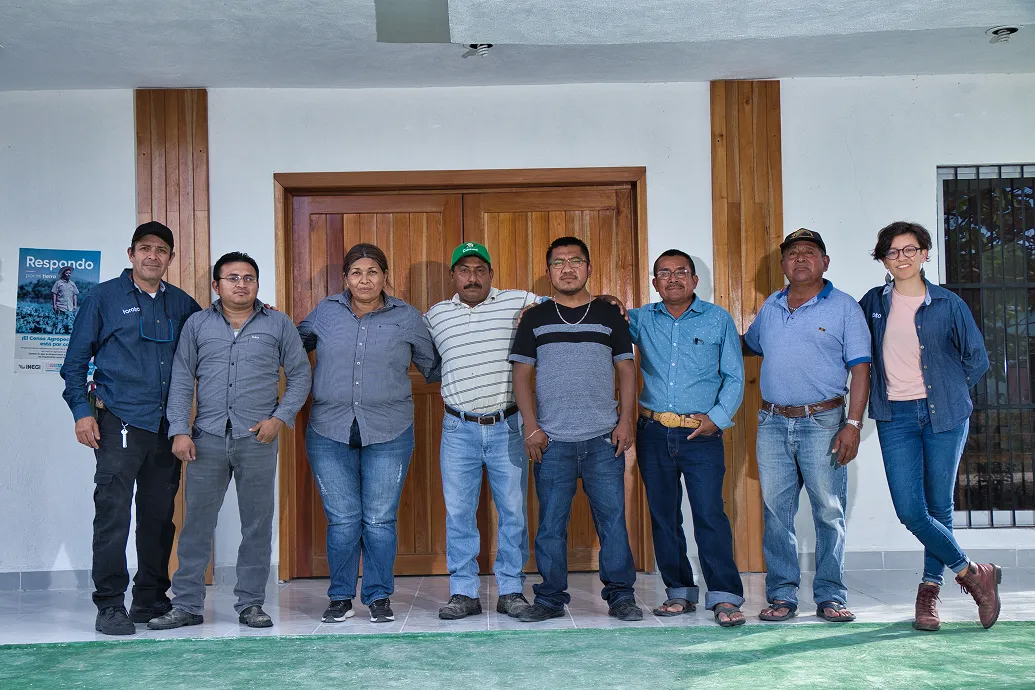
).webp)
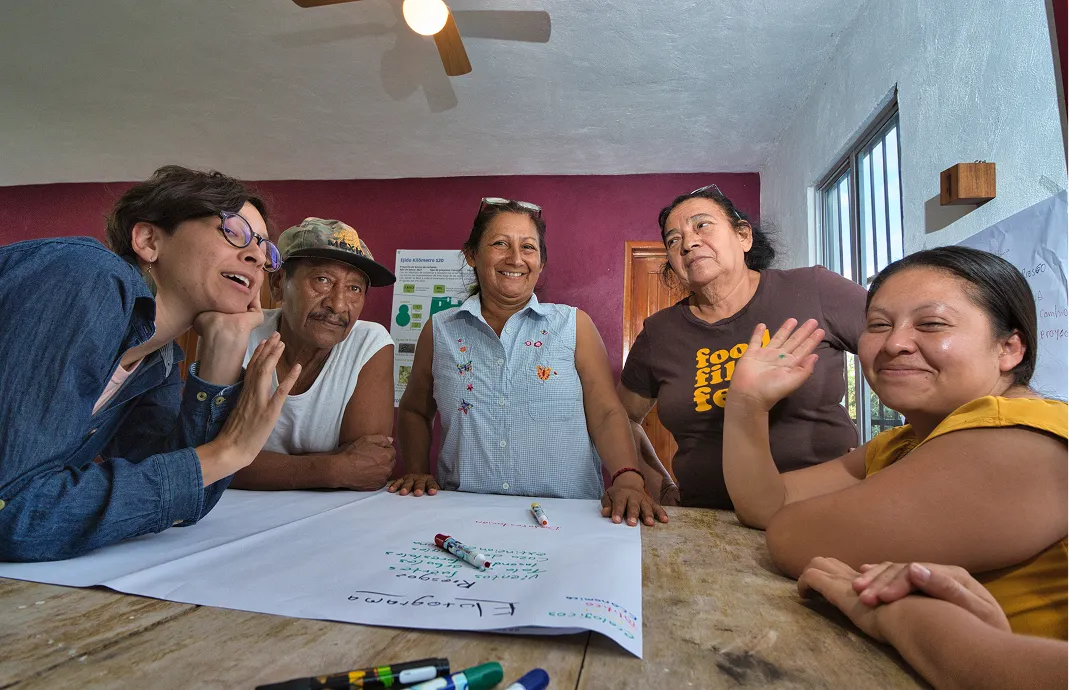
).webp)
.webp)

.webp)
).webp)

).webp)

).webp)
.webp)

.webp)
).webp)

).webp)

(03)
The Turning Point

A Collective Decision
The community identified an opportunity: to conserve their land not only as an environmental heritage, but also as a legitimate path of development. Thus, a carbon capture project built from its own territorial reality was born.

A Purpose-Driven Project
Through the conservation and management of its forest cover, the ejido generates carbon credits that allow it to finance restoration activities, community surveillance and capacity building, consolidating a long-term strategy.
Beyond Carbon
The design and management of the ejido of its territory focuses on local knowledge, community governance and the regeneration of ecosystems as a basis for collective well-being.
(04)
The Impact
Conservation with co-benefits

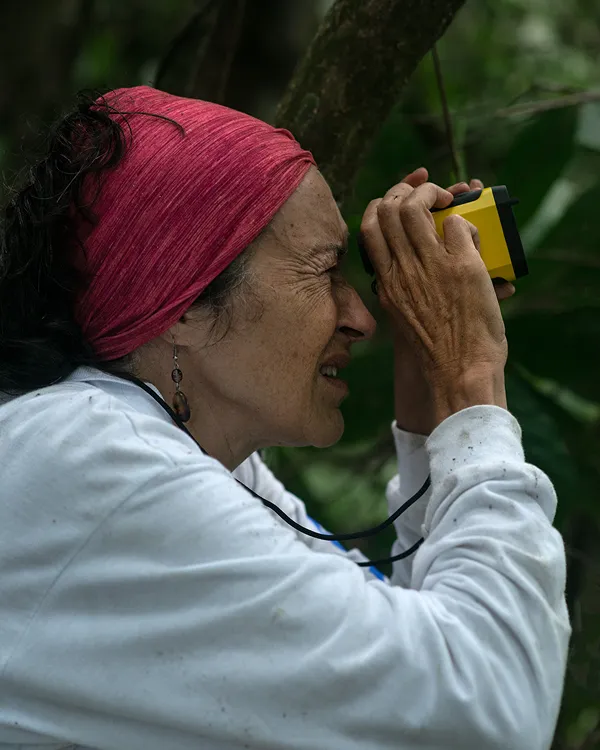
Science-Based Restoration
To ensure permanence and additionality, the project is registered, verified and certified by accredited entities. We also combine our Toroto Track tool with satellite monitoring and fieldwork technologies to ensure the quality and permanence of the captured carbon.

Biodiversity as a Foundation
Biodiversity is the foundation of resilient socio-ecological systems. Our specialized team performs baseline studies, continuous monitoring and strategies to conserve and strengthen key ecosystems.
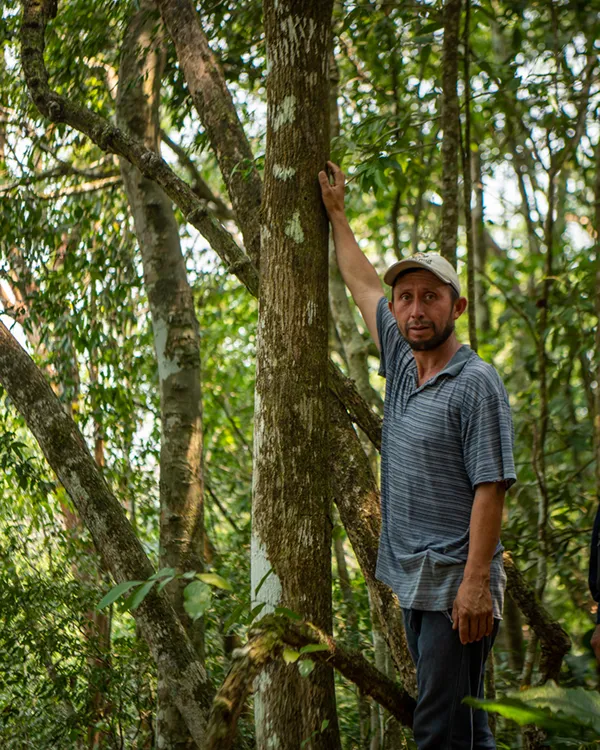
Community-Led Action
Local brigades implement conservation actions, generating employment, roots and a sense of belonging to the territory. These activities strengthen environmental education and encourage active and sustained community participation.
(04)
The Impact
Conservation with co-benefits
.jpg)
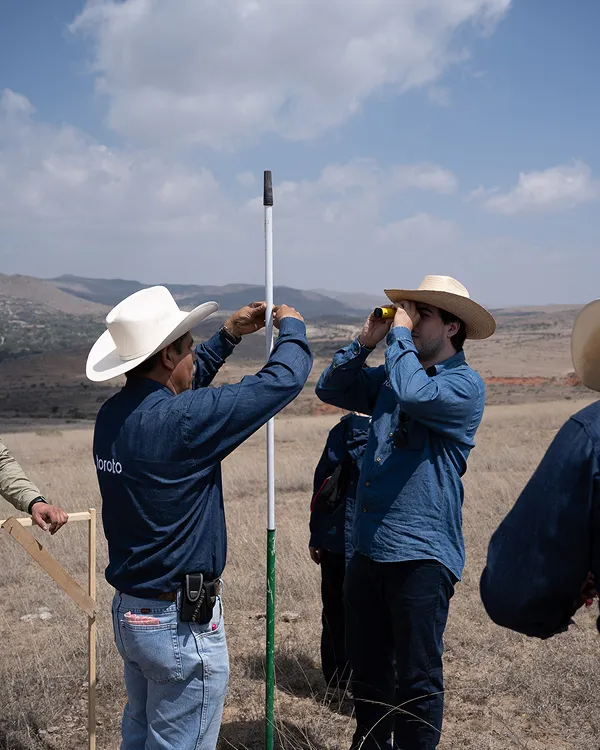
Science-Based Restoration
To ensure permanence and additionality, the project is registered, verified and certified by accredited entities. We also combine our Toroto Track tool with satellite monitoring and fieldwork technologies to ensure the quality and permanence of the captured carbon.
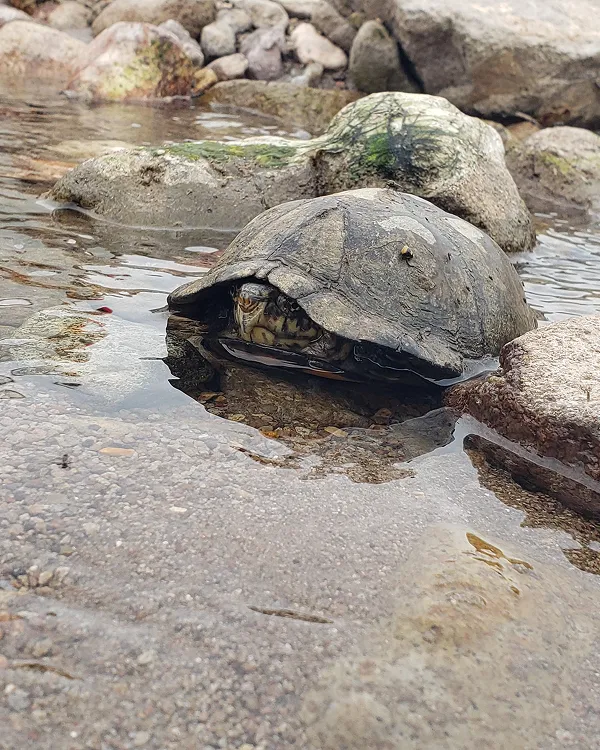
Biodiversity as a Foundation
Biodiversity is the foundation of resilient socio-ecological systems. Our specialized team performs baseline studies, continuous monitoring and strategies to conserve and strengthen key ecosystems.
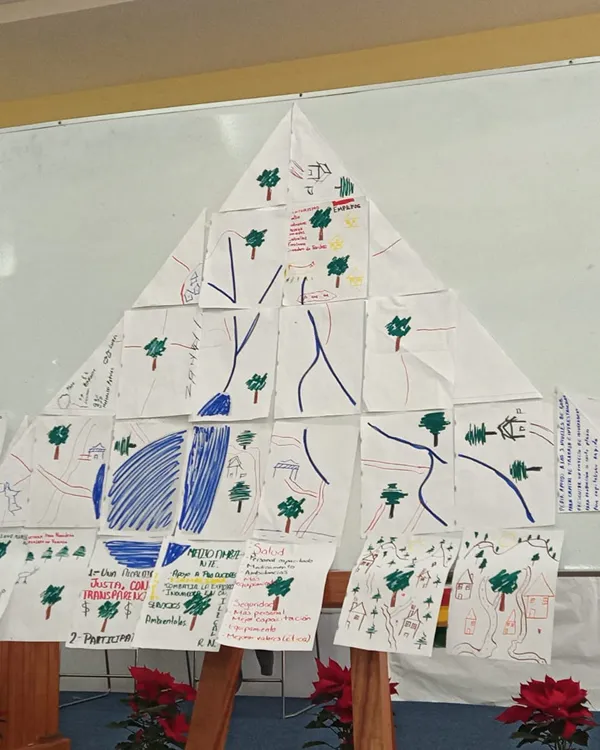
Community-Led Action
Local brigades implement conservation actions, generating employment, roots and a sense of belonging to the territory. These activities strengthen environmental education and encourage active and sustained community participation.
Regenerating nature, one project at a time
We do important things differently.
